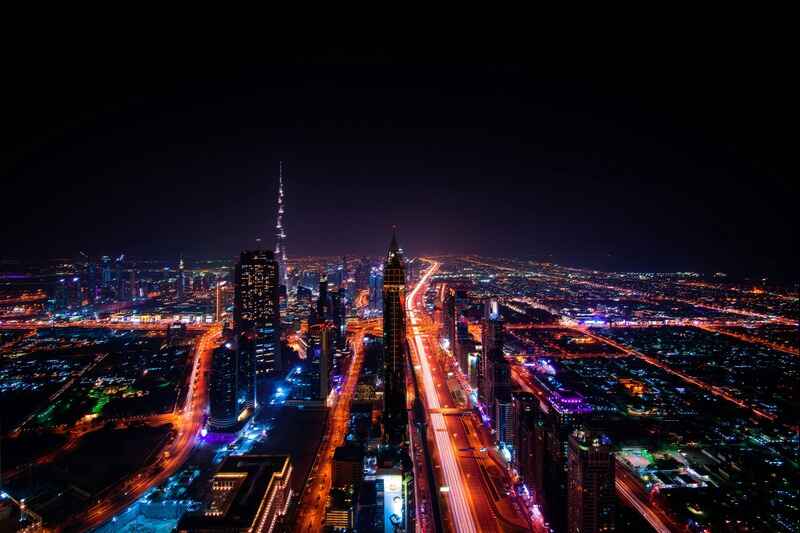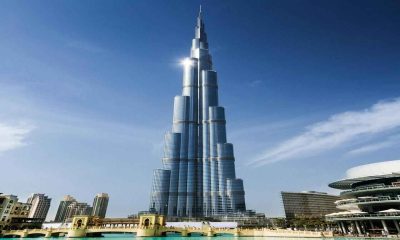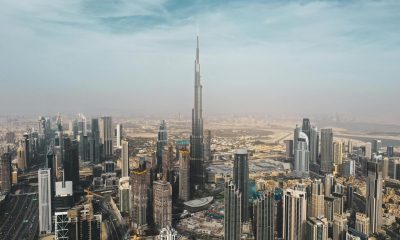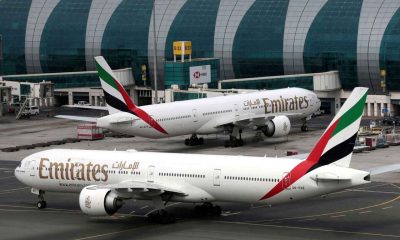The United Arab Emirates (UAE) is a significant player in the world in industrial competitiveness. Standing at 27 out of 200 countries on the UNIDO’s Competitive Industrial Performance Index, the UAE is gradually establishing itself on the industrial and economic map.
Operation 300bn was launched recently in 2021, with the industrial sector targeted to contribute to the UAE’s GDP from AED 133 billion in 2021 to AED 300 billion by 2031. This means that this initiative seeks to promote a favorable investment climate, the development of a national industrial base, and a world-class competitive advantage. The UAE, by claiming that it will be the home of future industries, has lined up export expansion and a more dominant place in foreign markets.
Supporting this effort, Abu Dhabi’s Industrial Strategy aims to grow the manufacturing industry from AED 87 billion to AED 172 billion by 2031. It is accompanied by six transformational programs: Circularity, Talent, Ecosystem, and Value Chain programs. It also envisages the generation of 13,600 skilled employment opportunities and a rising non-oil export by 143% to AED179 billion by 2031.
Focus on Priority Sectors
The UAE encourages localization of industries that add value to the economy, these include; the food and beverage industries, the pharmaceuticals industry, the chemical industries, the electrical industries and electronics industries, the machinery industries, and the production of hydrogen. Moreover, the country is shifting focus to sectors that support its decarbonization agenda such as low-carbon sectors like the manufacture of solar photovoltaic (PV). This focus is in line with the UAE’s obligations post the 28th Conference of the Parties (COP 28).
Thus, focusing on these sectors, the UAE tries to decrease the dependence on imports, provide the nation’s and residents’ employment, and attract foreign participants to form manufacturing industries. This strategy makes the UAE a location for industries in sectors not affected by trade problems or very high regulations in traditional markets.
A Prime Investment Destination
Being one of the twenty most developed countries in the world the UAE has solidified its place among the leaders of FDI in the region. The United Nations Conference on Trade and Development’s 2024 World Investment Report pointed out that the FDI inflows to the UAE were 30.69 bn in 2023 as against USD 22.74 bn in 2022 and the UAE was ranked second globally in FDI inflows.
The central position of the UAE on the world map at the crossroads of Europe, Asia, and Africa and the availability of sound transport and communication facilities are some of the factors that make the country attractive to investors. Its trade partners, the absence of trade sanctions, and the continuously increasing number of FTA offer duty-free access to the GCC and MENA markets. Also, the procurement of commercial and industrial licenses alongside world-class facilities supports the UAE’s attractiveness.
Key Industrial Clusters
The government has encouraged the growth of several industrial clusters to grow local industries and lure foreign investors. Notable examples include:
- TA’ZIZ: A joint venture of the Abu Dhabi National Oil Company and the Abu Dhabi Developmental Holding Company, TA’ZIZ is aimed at producing chemical materials and generating new revenues and supply chain opportunities for regional manufacturers.
- Khalifa Economic Zones Abu Dhabi (KEZAD): Founded in 2022 by Abu Dhabi Ports Group (AD Ports Group), KEZAD Group is home to more than 1,750 clients operating across 17 industrial and economic specializations, including Pharmaceuticals, Metals, Automotive, Agtech & Food, Retail & Logistics, Hi-tech & Electronics, and Renewable Energy. It offers adequate solutions for the flow of materials, storage, and transportation.
Tawazun Industrial Park: A specialized free zone involving and dedicated to the military and security industries, electronics and technologies, and automotive. It gives complete exemption on tariffs to GCC and MENA markets and a comparatively free restructuring environment.






















